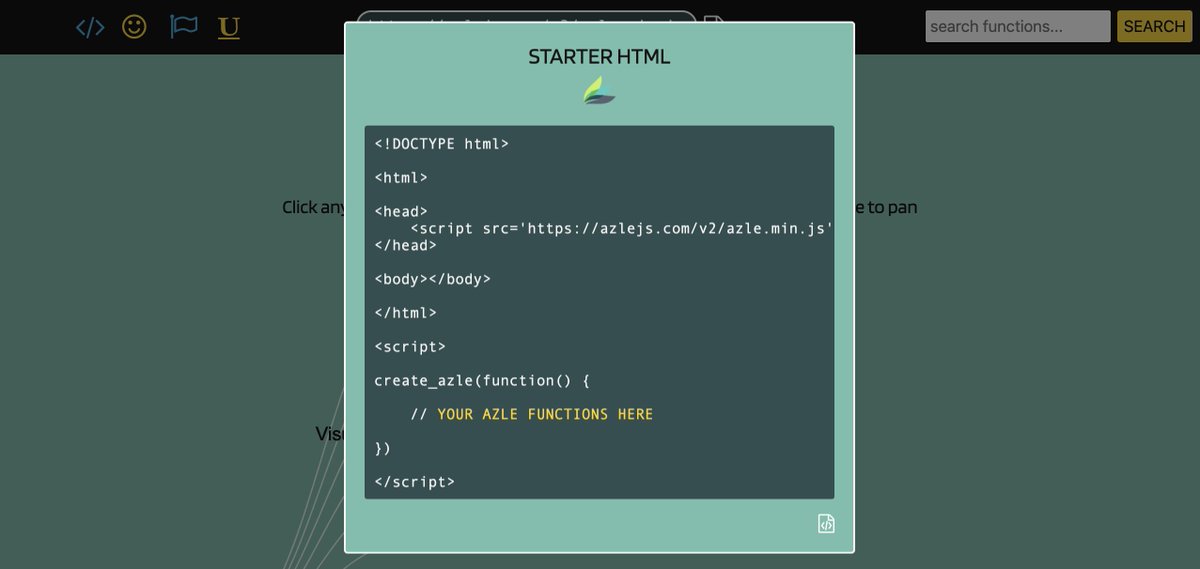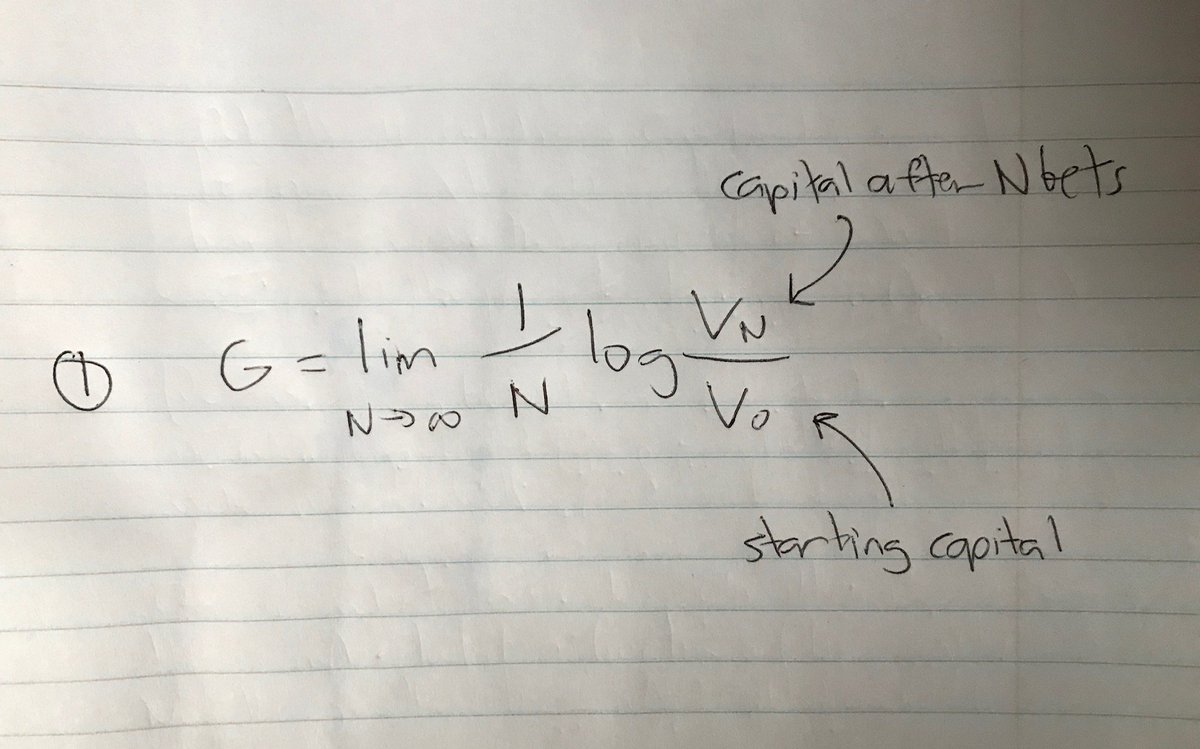
Independent Scholar; Author of Discovered, Not Designed; Ph.D. Computational Chem; Builder of things; Science, Philosophy, Complexity.
4 subscribers
How to get URL link on X (Twitter) App


 @paulportesi 2/n
@paulportesi 2/n
https://twitter.com/kmlyounes/status/12552044504714199072/n

